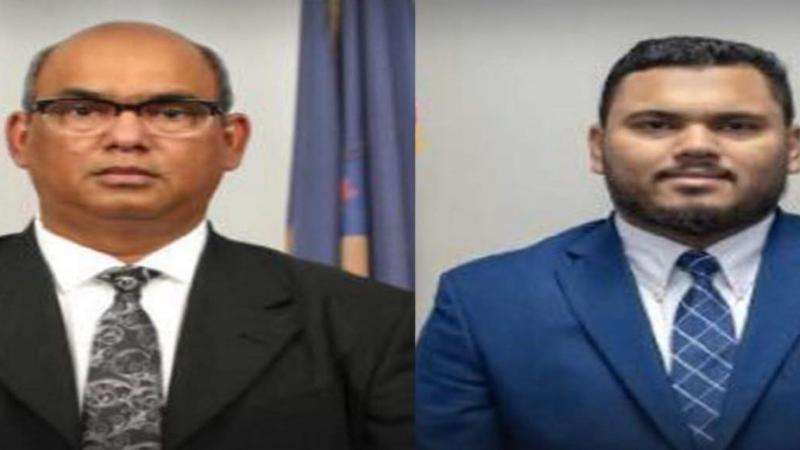Treasury Minister Darren Jones has issued an apology after likening benefits for disabled individuals to "pocket money" while defending welfare cuts. Jones, who serves as the deputy to Chancellor Rachel Reeves, made the controversial remark during an appearance on BBC's Politics Live following Wednesday’s Spring Statement.
Government analysis indicates that by 2030, more than 3 million families could see an average annual reduction of £1,720 due to benefit cuts. In response, Jones attempted to justify the reductions by arguing that additional funds for training and employment support were not accounted for. He compared the situation to his children receiving a Saturday job in addition to their pocket money. However, his comments were quickly criticized as "offensive" and "patronizing," prompting him to later apologize.
Speaking on ITV’s Peston, Jones admitted that his words were poorly chosen, stating: "I'm sorry about it. It was tactless and it wasn't well considered," adding, "I apologise if I've offended people."
Chancellor Reeves distanced herself from Jones’s analogy when questioned about it on LBC Radio, saying it was “not the right analogy.” However, she attempted to elaborate on the concept by drawing a comparison to a teenager being encouraged to get a weekend job instead of relying solely on an allowance. She acknowledged that the comparison was flawed but stressed that many individuals with disabilities want opportunities to work.
Pressed further about the issue on the BBC’s Today programme, Reeves described the analogy as “clumsy,” emphasizing that disability benefits should not be equated with pocket money.
During Wednesday’s Spring Statement, Reeves announced additional benefit cuts after the Office for Budget Responsibility (OBR) determined that previously announced changes would not generate as much revenue as expected. As a result, approximately 800,000 people will lose entitlement to Personal Independence Payments (PIP) by 2030. Additionally, 2.25 million people receiving the health top-up to Universal Credit will see their payments reduced by an average of £500 per year due to a freeze, while 730,000 future recipients will also be affected.
Conversely, 3.9 million households that do not receive the health component of Universal Credit are expected to benefit from an average increase of £265 per year in their standard allowance. However, an estimated 250,000 people—including 50,000 children—will be pushed into relative poverty due to the policy changes, according to the government’s own impact assessment.
Despite the backlash, ministers have emphasized that the figures do not account for additional funding aimed at supporting people with disabilities in gaining employment.
Defending the government’s approach on Politics Live, Jones had said: “My understanding is that the impact assessment doesn’t consider the benefits of our additional funding for training, skills, or work.
“For instance, if I told my kids, ‘I’m cutting your pocket money by £10 a week, but you need to get a Saturday job,’ the impact assessment would simply record a £10 loss, without factoring in their earnings from that job.”
The remarks were met with strong criticism, with Independent MP Apsana Begum calling them “staggering.” Liberal Democrat work and pensions spokesperson Steve Darling, who is blind, condemned the comments as “incredibly insulting,” arguing that they demonstrated a lack of understanding of the challenges faced by disabled individuals.








.svg)



_1.jpg)